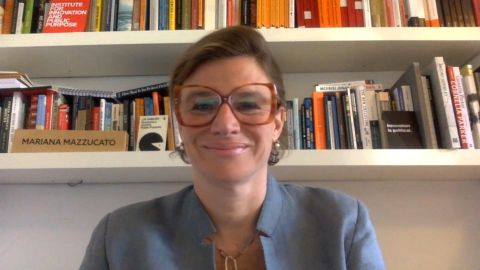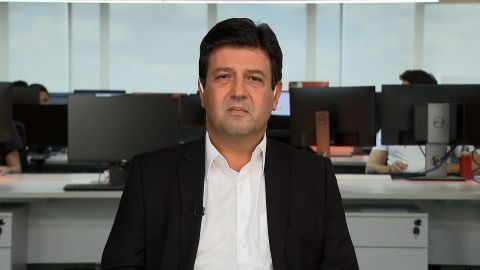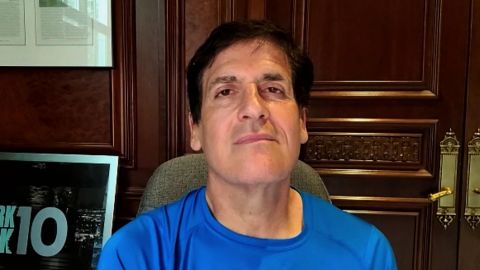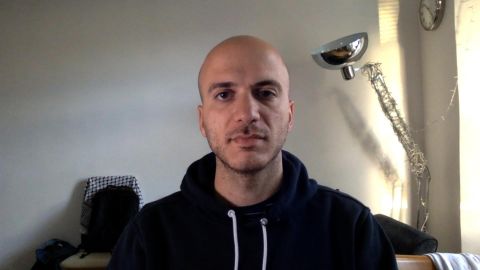Read Transcript EXPAND
CHRISTIANE AMANPOUR: So, he’s talking about investing in infrastructure and all sorts of issues that can reimagine, you know, and make us slightly hopefully better, more just society. Do you think it’s possible? Is it likely that that will be the product of this crisis?
MARIANA MAZZUCATO, PROFESSOR OF ECONOMICS, UNIVERSITY COLLEGE OF LONDON: Well, it has to be because we need to remember that the concept of going back to normal only makes sense if normal was good. And given the levels of inequality that we have had in different countries, including advanced industrialized ones and developing ones, given the climate crisis, which we shouldn’t forget by the way, that we were clapping, you know, firemen and women up until just two months ago in, you know, Australia and in California or the flood workers in Venice. So, we have a massive climate crisis in the background here. And ways to actually reimagine. I love that word. To be imaginative and creative to structure our remedies now is absolutely central. And what I meant before when I said that governments are approaching this in different ways. We already learned with the financial crisis that it is not enough to just flood the system with liquidity. We actually need to do so in a way that produces a more just, inclusive and sustainable society. So, most of the finance that went in to save the day with the financial crisis ended up just back in the financial sector. So, one of the things that has been happening in France and Denmark, for example, recently are really interesting conversations on how to make sure that the immediate cash injection in the economy and especially to businesses to the different types of bailouts and help that’s being provided to sectors is actually conditional on those sectors investing and innovating towards a better world. So, the most obvious sectors, of course, the airline which are not flying. So, they are having troubles and, of course, they can be helped but that should be conditional on them over the next, say, five years committing to reducing their carbon emissions, and that has happened recently in France with the conversation with Air France. Similarly, in Austria or in Denmark, the conversation has been, should we be giving bailouts to companies that have historically use tax havens, or in the U.S. Elizabeth Warren has put to the floor the idea that we shouldn’t perhaps just be bailing out, you know, across the board. There’s some companies that have shown that they’re more interested in value extraction through record level share buybacks than reinvesting those profits back into, you know, research and development or better working conditions. So really — you know, I mean, that’s just one example how to structure the help that we must provide to industry because, you know, that’s a good thing to do.
About This Episode EXPAND
Brazil’s former Health Minister assesses President Jair Bolsonaro’s response to COVID-19. Economist Mariana Mazzucato discusses what global economies will look like after recovering from COVID-19. Mark Cuban discusses the NBA, reopening small businesses, and U.S. leadership. Syrian refugee Hassan Akkad explains why he is working as a cleaner in a London hospital ward to fight COVID-19.
LEARN MORE



